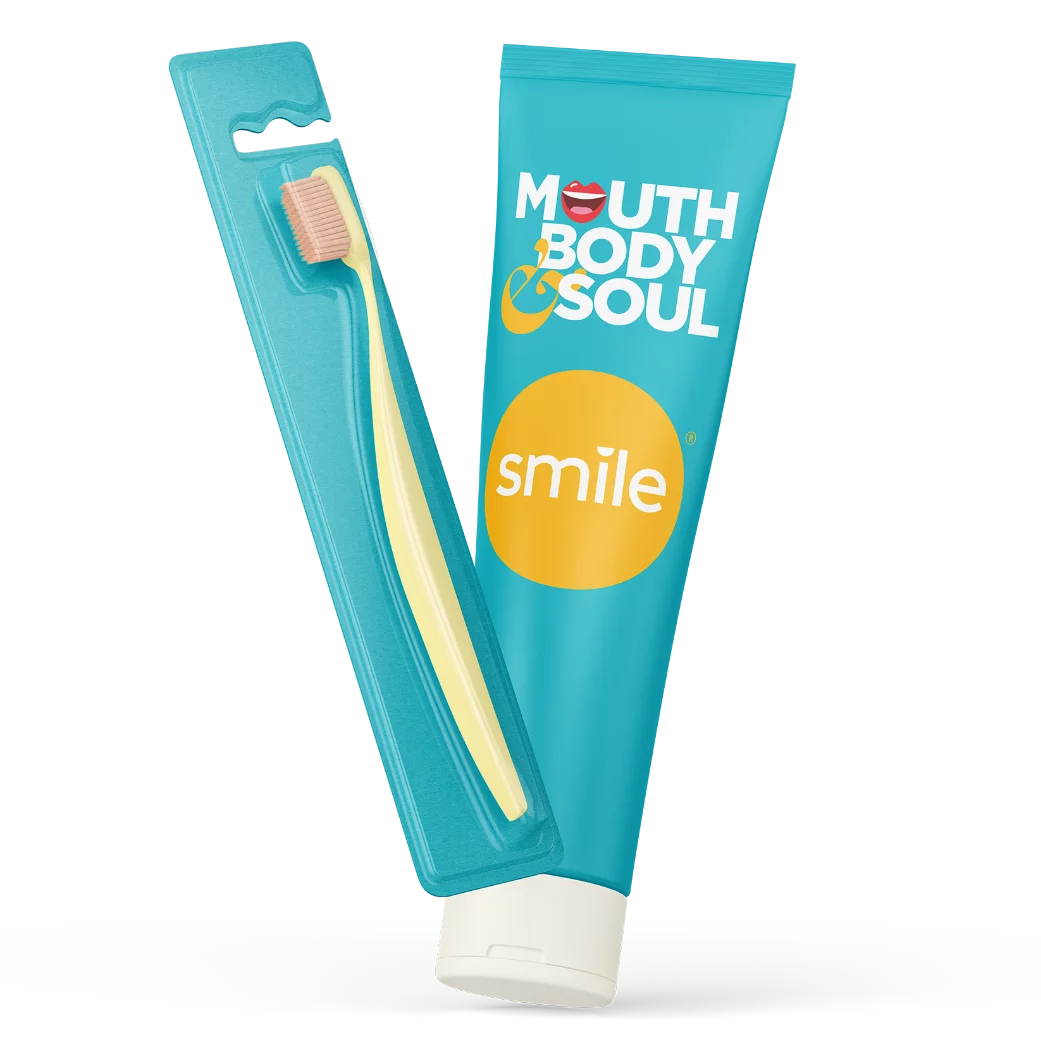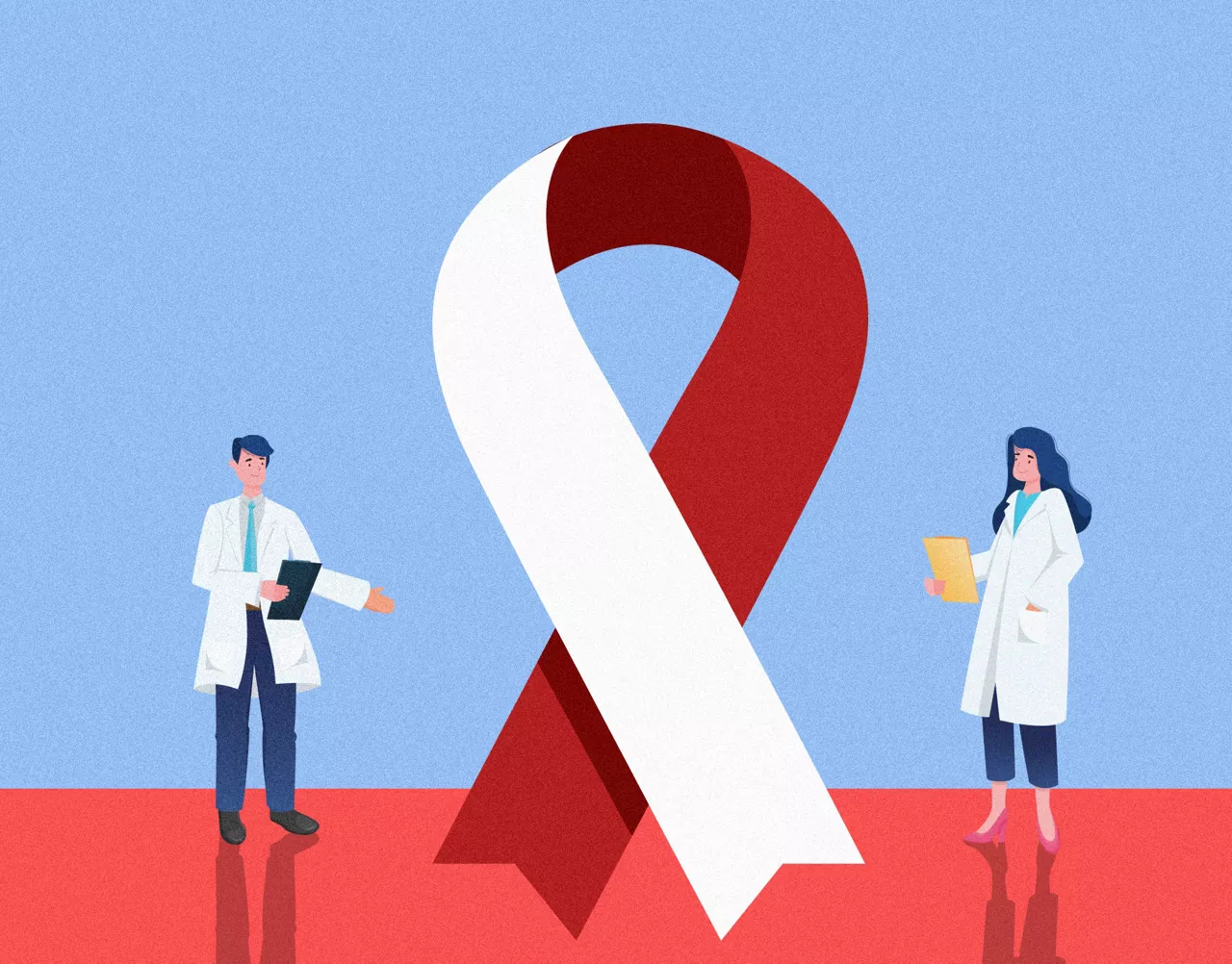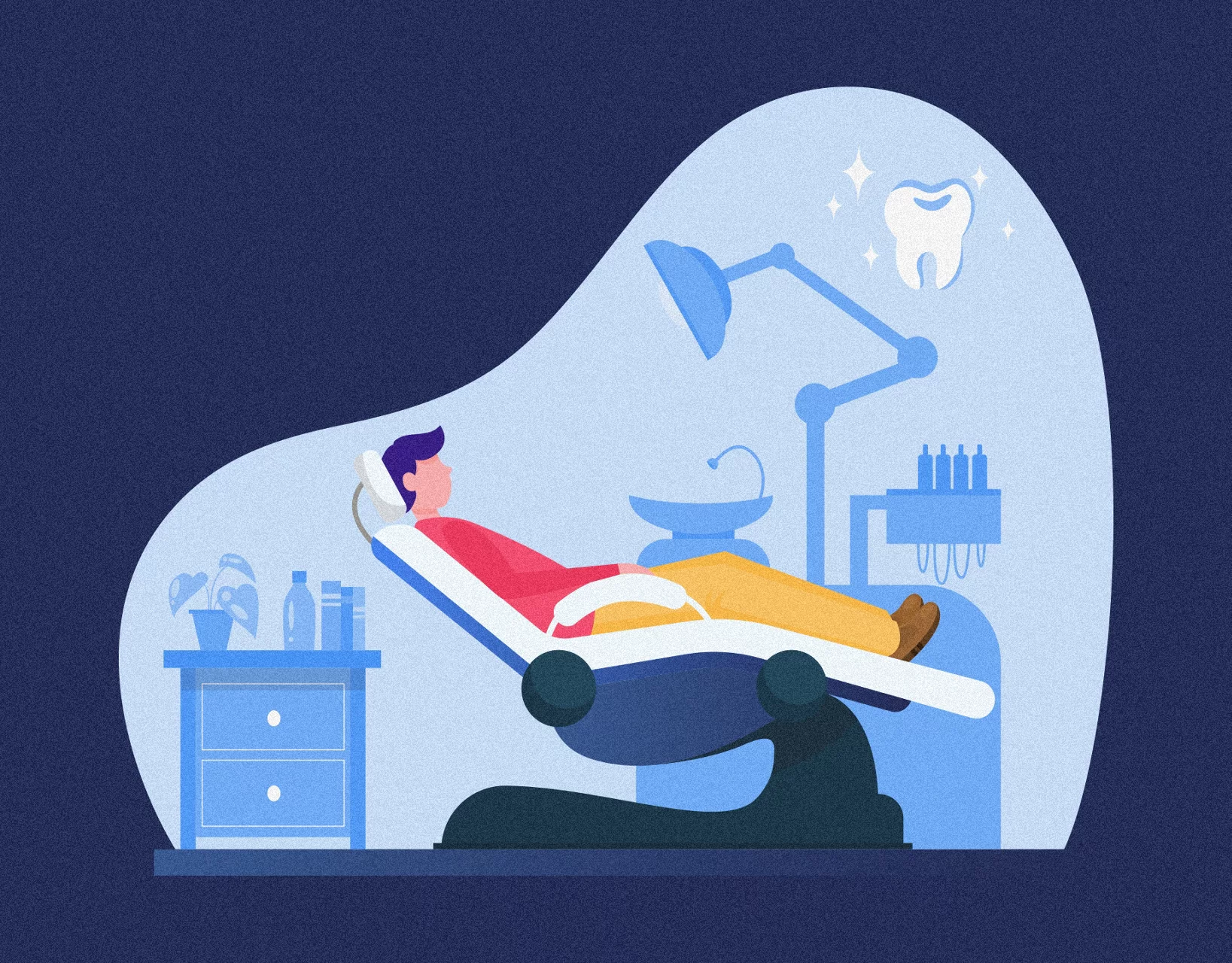How can we help?
- OVERVIEW
- ROUTINE CLEANING
- DENTAL HYGIENE
- CANCER SCREENINGS
- X-RAYS/IMAGING
- DENTURES
- DENTAL SEALANTS
- FLUORIDE TREATMENT
- FILLINGS
- SEDATION DENTISTRY
- DENTAL CROWNS
- BRIDGES
- ORAFITNESSCHECK
Oral Cancer Risk Factors
Oral cancer has a significantly higher survival rate when detected early, and while oral cancer screenings are effective for treatment, that’s not the case for most patients.
Certain lifestyle habits such as smoking, drinking alcohol, poor diet, and sun exposure may increase the risk of developing mouth cancer. Research shows that about 75% to 90% of all oral cancers are associated with cigarette smoking.



Book an Appointment Today
With early detection, oral cancer can be treated more successfully. Schedule an oral cancer screening and get ahead with preventative care.
Got questions?
If you have questions about oral cancer screening, we saved you the trouble and provided answers to commonly asked questions. Find your answers just a click away.
Because it is not always noticeable whether a person has oral cancer, it is vital to have a regular cancer screening to ensure there are no forms of oral cancer inside the mouth. Some routine dental checkups include this exam, but not all dentists do. Therefore, it is important to ask your dentist about the exam.
You will know if your dentist is performing an oral cancer screening because they should thoroughly check the tissues, gums, and tongue. This exam also includes your ears, nose, neck, and head in some cases.
Learn more in our blog article, "Oral Cancer Screenings: Cost and Steps."
For some, an oral cancer screening is free because it is included in the cost of your comprehensive dental exam. Other dental offices charge an additional fee somewhere between $10 and $35. If your dentist does not include an oral cancer screening as a part of your annual exam, you are looking at paying between $70 and $90. Pricing also depends on where you live and insurance.
Learn more in our blog article, "Oral Cancer Screenings: Cost and Steps."
Oral cancer can affect various parts of the mouth, such as gums, lips, and tongue. It can also affect the insides of a person’s cheeks and the roof and floor of the mouth. Basically, any form of cancer that starts in the mouth is referred to as oral cancer. Because most oral cancers develop into squamous cells, they are called squamous cell carcinomas. These are the cells that makeup one’s mouth and throat lining. Unfortunately, oral cancer does not always result in pain; to let you know there may be an issue, which is why you should get regular cancer screenings.
Learn more in our blog article, "Time To Get In The Know Of Oral Cancer."
There are many new advances in dentistry that will revolutionize the way people are able to care for their oral health. With technology like CEREC, patients will be able to receive a new crown on the same day as their initial appointment rather than waiting weeks. New cancer screening technology like VELscope will allow dentists to accurately detect oral cancer in the early stages, when it is easier to treat. With other innovations like Isolate mouthpieces and DIAGNOdent lasers, a trip to the dentist will be more comfortable, more efficient, and more effective.
Find out about other dental advances in our blog article "New Dental Technology: CEREC, CBCT & VELscope."



















